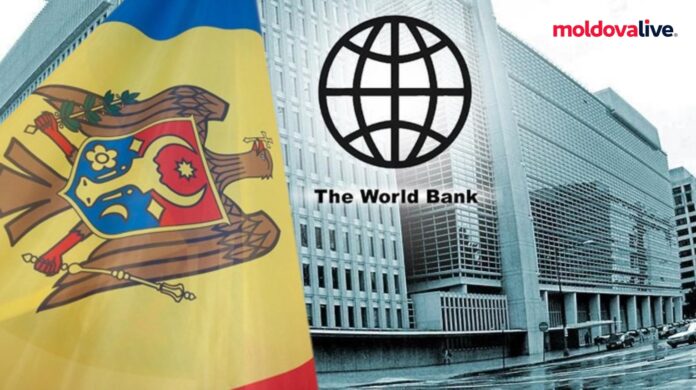The World Bank’s Board of Executive Directors has approved a US$105.98 million financing package to Moldova for the Moldova Rural Connectivity Project (MRCP), which will help the country improve road connectivity in rural communities, increase road transit through border crossings with Romania and respond promptly and more effectively to crises and emergencies.
The MRCP will finance the rehabilitation and upgrading of about 95 kilometers on three priority local roads. The works include road safety measures near schools and villages. The works will also include the development of infrastructure for non-motorized transport along and near the highways. In addition to the construction works, road safety education and information campaigns will be organized to raise awareness and educate the public on road safety measures and practices.
The project aims to enhance the functionality of border crossing points between the Republic of Moldova and Romania. It entails the construction of a new border crossing point in Ungheni, equipped with modern customs processing, weighing, and scanning infrastructure. Additionally, the project involves the border crossing points’ modernization at Giurgiulesti and Leuseni.
“Local roads are vital for rural Moldova, serving farmers to transport their products to market, students and teachers commuting to school, and the elderly accessing healthcare facilities,” stated Inguna Dobraja, World Bank Country Director for Moldova.
FOR THE MOST IMPORTANT NEWS, FOLLOW US ON TWITTER!
The Moldova Rural Connectivity Project (MRCP) will benefit approximately 42,000 individuals, 133 businesses, 27 health institutions, and 84 schools along the rehabilitated rural road corridors. Furthermore, the project aims to facilitate between 350,000 and 400,000 heavy goods transports annually. These benefits primarily target haulers from Moldova, Ukraine, and Romania whose goods enter, leave, or transit Moldova through border crossing points open to road traffic. The anticipated economic advantages include reduced waiting times for trucks and cars, increased trade activities, and decreased greenhouse gas emissions.
Since Moldova acceded to the World Bank in 1992, over $2.1 billion has been allocated to support more than 70 operations in the country. So, the World Bank’s portfolio comprises 13 active projects with a total commitment of US$742.9 million. Areas of assistance encompass regulatory reform and business development, government services modernization, tax administration, land registration, education, roads, healthcare, and social sectors – COVID-19 emergency response, agriculture, water supply and sanitation, and energy.


